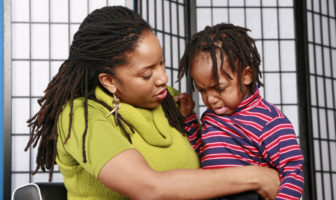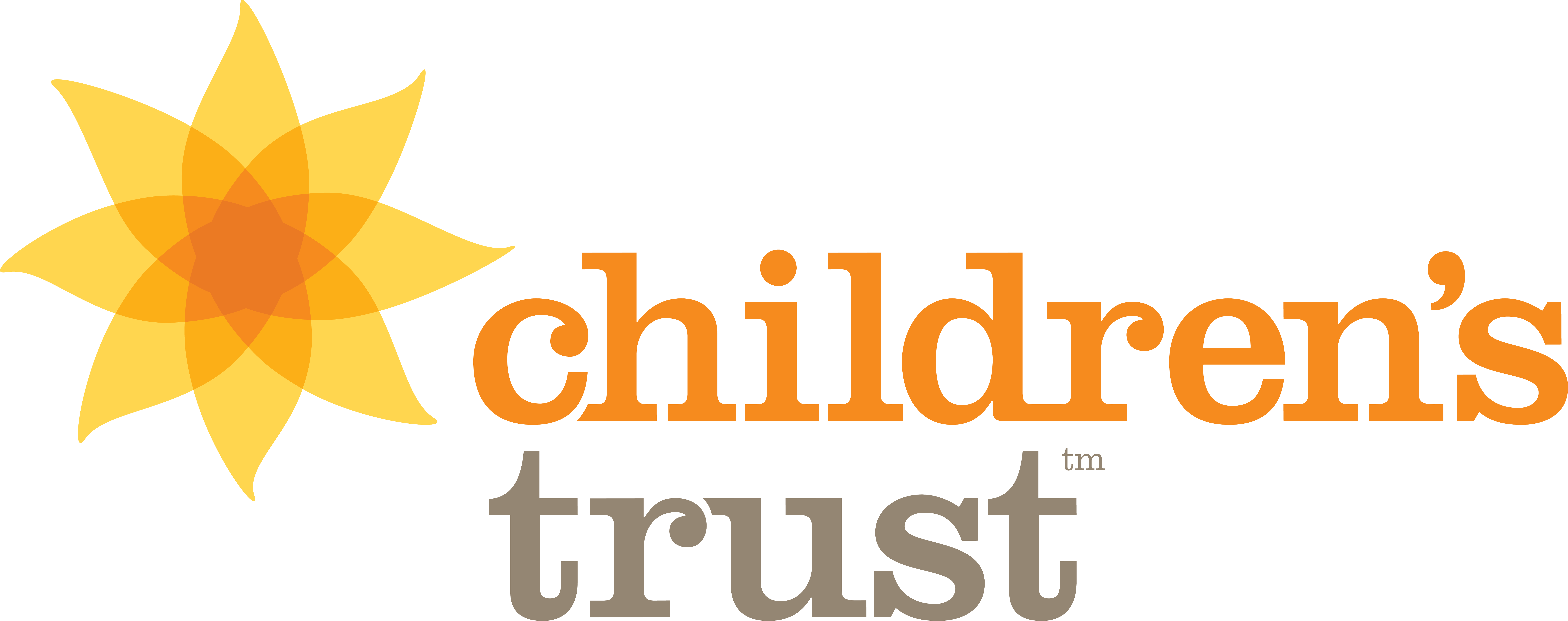This article provides tips for engaging with and maintaining a dialogue with your child around their behaviors.

Protecting your child's idealism
It is important for your child to be aware of what is going on in the world, but certain events can promote feelings of helplessness among children of all ages. It is not realistic or healthy that we should try to cut our children off entirely from what is shown in the news, on social media, or in everyday life. However, by maintaining consistent and honest lines of communication with your child, you can help to protect their belief that they can have a positive effect in their community and the world.
Keep the lines of communication open. The most important thing you can do for a child of any age is to let them know that they can come to you with any questions. However, be careful how you present information, and do not give any more details than you think they can handle. Questions and concerns may linger and surface much later, so do not be surprised if your child at first seems disinterested in the topic because they may not process it or be ready to talk about it right away. No matter how old your child is, they need you, especially when the world around them is unsettled. If you are feeling insecure, talk to another adult and calm yourself so your child does not pick up on your concern.
Teach them to safely and critically interpret the media that they consume. Phones, tablets, computers, television, and other devices can be great tools for learning and entertainment. However, they also allow users to access news and other content that can be inappropriate and beyond your child’s ability to process in a healthy manner. Password protection or child locks on your home’s devices can limit access to certain content, but they are not foolproof methods. Teach your child to take the information they are discovering with a grain of salt, and to practice safety when communicating with others online. Again, it is easiest to have this conversation within an ongoing dialogue so that your child feels comfortable coming to you with any questions or concerns.
Let your child know what they and others can do to make the world better. Often, action can help us to feel more positive and in control of our environment. Tell your child about the people who are helping, such as emergency workers and volunteers. Brainstorm with your child about what they can do to help improve their community and the situations of those in need. These activities can include fundraising, finding pen pals, or even organizing a project in your community to help keep it safe.
Talk to them about the hateful rhetoric they might encounter. Children learn tolerance and respect for diversity from adults and the environment around them. During periods of political or social uncertainty, discussions about diversity often devolve into rhetoric of stereotyping and prejudice. As parents, we can preemptively address these situations by introducing our children to the variety of humanity, both in real life and in media. Talk with your kids about where feelings of fear and distrust stem from, and why it is important that they not feed into it.
No two parents have the same parenting style. The way in which we approach these conversations with our children will vary according to the situation, our values, their age, and the personalities of the children themselves. It is important that we not only control what they are being exposed to, but that we also set a good example. In working to create a positive environment for your kids, please remember to practice consistency, empathy, and self-care.
For additional information and resources, check out blogger Rachel Macy Stafford’s piece on kids and technology here.




